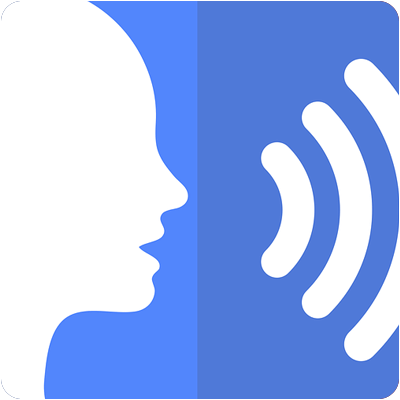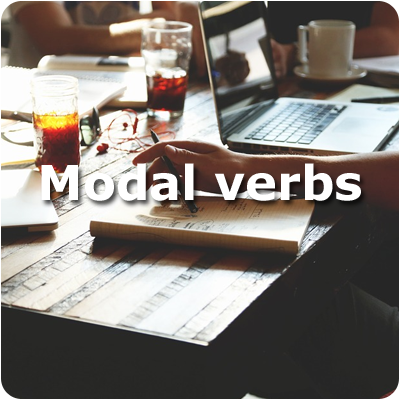Het arrangement Looking for a job - hv3 is gemaakt met Wikiwijs van Kennisnet. Wikiwijs is hét onderwijsplatform waar je leermiddelen zoekt, maakt en deelt.
- Auteur
- Laatst gewijzigd
- 11-05-2025 19:45:29
- Licentie
-
Dit lesmateriaal is gepubliceerd onder de Creative Commons Naamsvermelding-GelijkDelen 4.0 Internationale licentie. Dit houdt in dat je onder de voorwaarde van naamsvermelding en publicatie onder dezelfde licentie vrij bent om:
- het werk te delen - te kopiëren, te verspreiden en door te geven via elk medium of bestandsformaat
- het werk te bewerken - te remixen, te veranderen en afgeleide werken te maken
- voor alle doeleinden, inclusief commerciële doeleinden.
Meer informatie over de CC Naamsvermelding-GelijkDelen 4.0 Internationale licentie.
Aanvullende informatie over dit lesmateriaal
Van dit lesmateriaal is de volgende aanvullende informatie beschikbaar:
- Toelichting
- Deze les valt onder de arrangeerbare leerlijn van de Stercollectie voor Engels voor havo en vwo, leerjaar 3. Dit is thema 5 'Employment'. Het onderwerp van deze les is: Looking for a job. In deze les staat het zoeken naar werk centraal. Daarnaast wordt werkeloosheid en het schrijven van een sollicitatiebrief behandeld en hoe je een baan kan vinden. De onregelmatige werkwoorden in deze les zijn: to read, to ride, en to ring. In de grammaticaopdracht worden modale werkwoorden behandeld.
- Leerniveau
- HAVO 3; VWO 3;
- Leerinhoud en doelen
- Engels;
- Eindgebruiker
- leerling/student
- Moeilijkheidsgraad
- gemiddeld
- Studiebelasting
- 1 uur 40 minuten
- Trefwoorden
- arrangeerbaar, baan vinden, engels, hv3, job hunting, looking for a job, modale werkwoorden, sollicitatiebrief, stercollectie, werkeloosheid

 The subject of this period is work.
The subject of this period is work.










